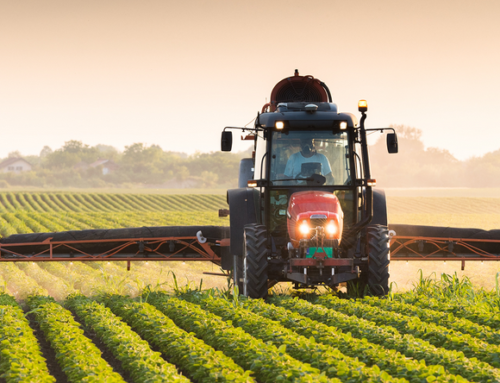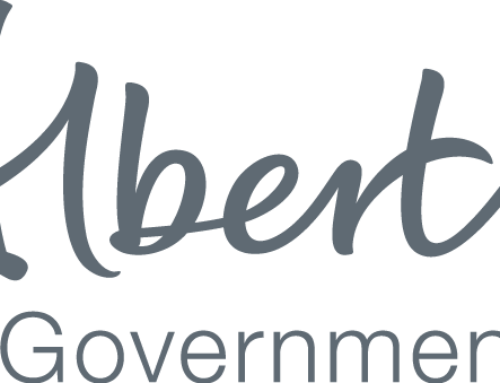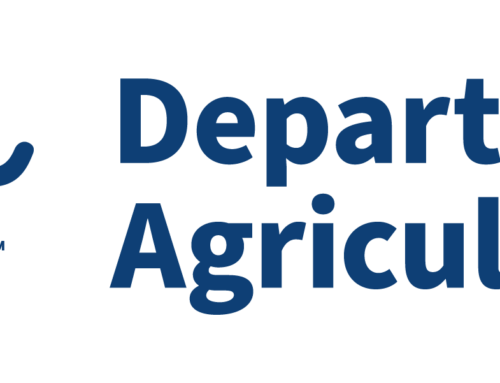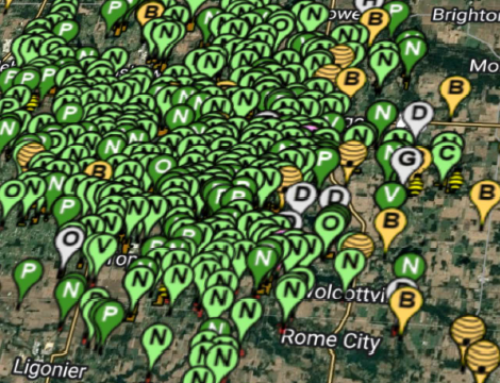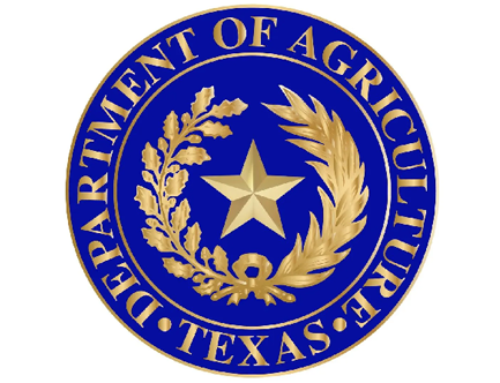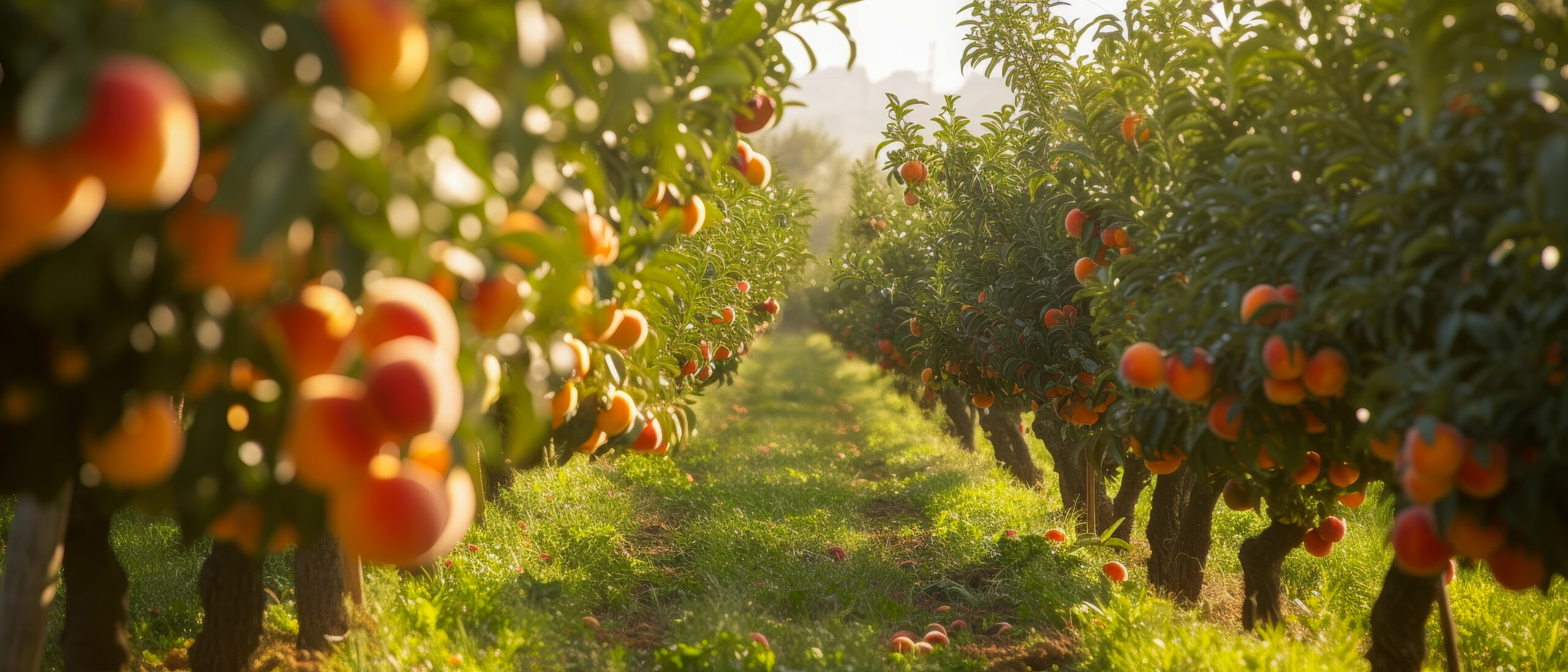
Georgia became a member state in 2024. This year, we had a chance to ask the team at the Georgia Department of Agriculture some questions about the benefits of FieldWatch membership, getting the word out to ag professionals in their state and much more. A lot of this information is extremely relevant to any state or province, so please consider sharing this link with someone who might benefit from FieldWatch.
FieldWatch (FW): What was the tipping point that helped or caused you to join FieldWatch?
Georgia Department of Agriculture (GDA): In 2016, the Georgia Department of Agriculture, the University of Georgia, and industry partnered to create the Using Pesticides Wisely program. The program has successfully trained over 18,000 applicators and caused a 95% reduction in drift complaints. However, we were still seeing occasional issues, whether it involved beehives or sensitive crops. It wasn’t about pointing fingers; it was about recognizing the need for another way to improve communication between all parties. Once we saw how FieldWatch had been used in other states to bridge that gap, it felt like a logical next step. It gave everyone–beekeepers, growers, and applicators–a seat at the same table and another tool in their toolbox.
FW: What advice would you give to states / provinces that have not yet reached this point?
GDA: Don’t wait until there’s a major issue to act on. Start the conversations early, and be as proactive as possible. We brought together folks from all sides—beekeepers, applicators, farmers, extension and regulators—and just asked, “What would make this easier for you?” FieldWatch gave us a way to be proactive instead of reactive. I advise keeping it as simple as possible, to be transparent and make it clear that this is a tool for cooperation, not enforcement. It really helps when state and local associations and groups get involved from the beginning.

FW: What challenges have you had in the first year that might help others?
GDA: One of our biggest hurdles is getting the word out, especially to hobbyist beekeepers or smaller farmers who don’t always use technology regularly or maybe in more rural areas. Some folks are skeptical at first or they don’t feel tech-savvy enough to use the system. We found that face-to-face conversations and hands-on help made a big difference. Outreach and education have been key; we have worked closely with our extension program and county agents to help provide additional support when needed.
FW: How has your state reached beekeepers / growers / pesticide applicators with this new program?
GDA: We tried a little bit of everything. We visited local beekeeper meetings and extension events and leaned on our network of ag educators to help spread information. We also utilized various social media and press releases to try to reach a wide variety of individuals. We also made sure there was always a real person folks could contact with questions—it makes a difference. Our Pesticide Safety Education Program Coordinator, Dr. Allison Johnson, with the University of Georgia has been a tremendous help through this process. She helps manage our FieldWatch program as our data steward. She also plays a vital role in coordinating the collaborative effort with UGA Extension that has helped FieldWatch get off to such a great start in our state.
FW: What would you like to share with our newsletter and blog readers across North America about FieldWatch and how it can help agriculture?
GDA: At the end of the day, we all want the same thing—to grow healthy crops, raise strong bees, and protect the land for the next generation. FieldWatch helps us do that by opening lines of communication that weren’t easily accessible before. It’s not about control—it’s about awareness and respect. Whether you’re spraying a field, tending hives or planting specialty crops, it gives you a way to be a good neighbor. And in agriculture, that kind of trust goes a long way.

